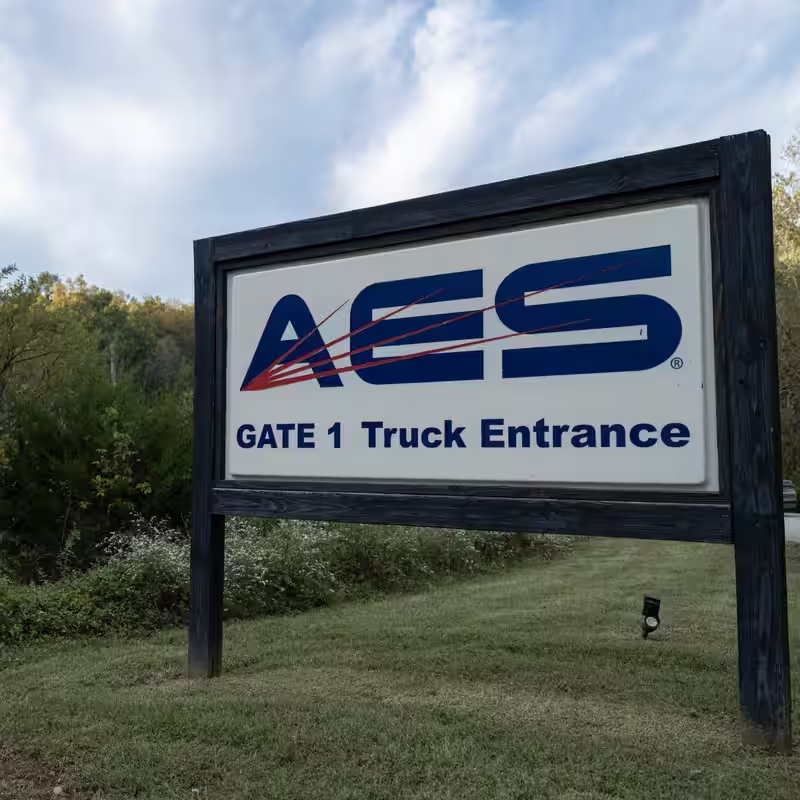Tennessee TNT Plant Explosion: A Stark Reminder of Industrial Peril
On Friday, October 10, 2025, a thunderous blast ripped through the Accurate Energetic Systems facility in rural Tennessee—a stark and sobering reminder of the volatile nature of munitions manufacturing. The explosion, which sent a mushroom cloud into the sky and rattled homes miles away, occurred at a plant that produces TNT (trinitrotoluene), a high explosive widely used by both the U.S. military and commercial mining operations.
While no fatalities have been confirmed as of Saturday, at least six workers were transported to regional hospitals with burns and respiratory injuries. Emergency crews remain on high alert due to the risk of secondary detonations in nearby storage bunkers.
What Is TNT—and Why Is It So Dangerous?
TNT, or trinitrotoluene, is a yellow crystalline solid prized for its stability under normal conditions—but capable of catastrophic detonation when exposed to heat, shock, or friction. Unlike more sensitive explosives like nitroglycerin, TNT requires a detonator to explode, which is why it’s favored for military shells, demolition charges, and industrial blasting.
Yet “stable” doesn’t mean “safe.” The very properties that make TNT useful—high energy density, predictable reaction, and long shelf life—also make its production inherently hazardous. A single spark in the wrong place can trigger a chain reaction with devastating force.
Inside Accurate Energetic Systems: A Key Defense Contractor
Accurate Energetic Systems (AES) is a little-known but critical player in America’s defense supply chain. Based in Dickson County, Tennessee, the facility supplies TNT to the Department of Defense and licensed commercial blasters across the country. The plant operates under strict federal oversight from the Bureau of Alcohol, Tobacco, Firearms and Explosives (ATF) and the Occupational Safety and Health Administration (OSHA).
Still, accidents happen. According to ATF records, the U.S. has averaged one major explosives manufacturing incident every 18 months over the past decade—ranging from chemical fires to full-scale detonations.
How Explosives Plants Mitigate Risk (and Why It’s Never Enough)
Modern munitions facilities like AES use a range of safety protocols:
- Blast walls and earth berms to contain explosions
- Remote-controlled mixing rooms to minimize human presence
- Strict static-electricity controls, including grounded footwear and humidified air
- “One-person rule” in high-risk zones to limit casualties
Despite these measures, the margin for error is razor-thin. A 2023 Government Accountability Office (GAO) report warned that aging infrastructure and staffing shortages at U.S. explosives plants are increasing systemic risk.
Tennessee Explosion by the Numbers
| Detail | Information |
|---|---|
| Location | Dickson County, Tennessee |
| Facility | Accurate Energetic Systems (AES) |
| Primary Product | TNT (trinitrotoluene) |
| Injuries (as of Oct 11) | 6 confirmed, 2 critical |
| Evacuation Radius | 2 miles |
| Last Major U.S. Explosives Incident | 2024, Radford Army Ammunition Plant, Virginia |
Community Impact and Ongoing Investigation
Local residents described the blast as “like an earthquake” and “a warzone sound.” Schools within a five-mile radius were placed on lockdown as a precaution. The Tennessee Department of Environment and Conservation is monitoring air quality for toxic residues like nitrogen oxides and carbon monoxide.
Federal investigators from the ATF, OSHA, and the Chemical Safety Board have launched a joint probe. Early speculation points to a possible thermal runaway event during the nitration phase—a notoriously unstable step in TNT synthesis.
The Bigger Picture: America’s Reliance on Risky Chemistry
As global tensions rise and defense spending climbs, the U.S. is ramping up domestic explosives production. But this expansion comes with a cost: more plants, more workers, and more chances for disaster. The Tennessee explosion isn’t just an industrial accident—it’s a warning.
“You can engineer for safety,” said Dr. Elena Ruiz, a chemical safety expert at Vanderbilt University. “But you can’t engineer out human error, equipment fatigue, or the sheer power of molecules designed to destroy.”
Sources
- The New York Times: Detonation Underscores Inherent Dangers of Manufacturing Explosives
- U.S. Bureau of Alcohol, Tobacco, Firearms and Explosives (ATF) – Explosives Incident Reports
- Government Accountability Office (GAO) – “Safety in U.S. Munitions Manufacturing,” 2023
- Tennessee Department of Environment and Conservation – Air Monitoring Updates, October 2025




